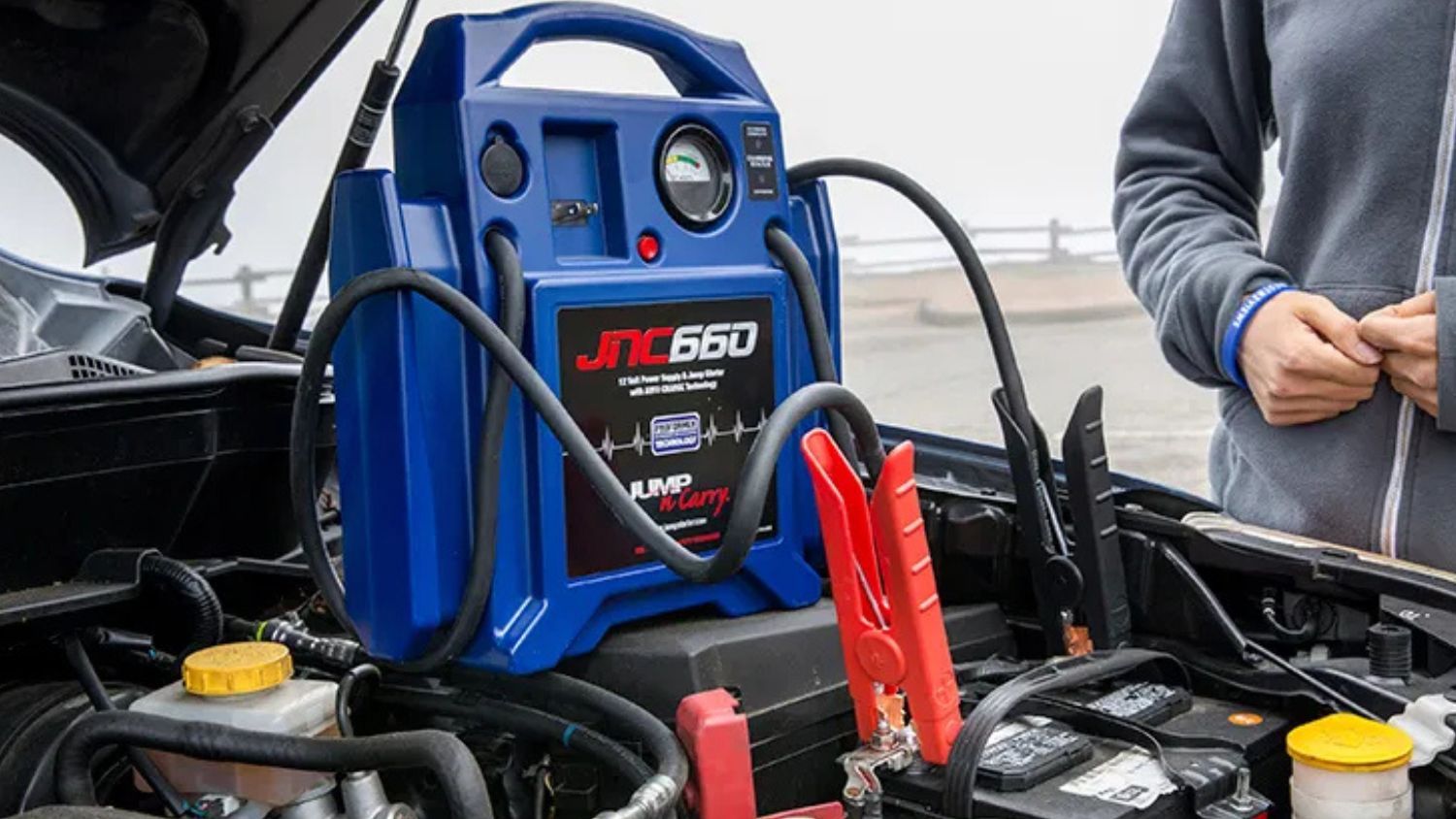GRAND RAPIDS, Mich. (WOOD) — Lots of attention and dollars have been spent on this year’s presidential election and, to a lesser extent, Michigan’s U.S. Senate race. But there are several races further down the ballot that are more consequential for the voter’s day-to-day life, local political organizers say.
Those downballot races can include everything from the state legislature and the city mayor to the county’s sheriff and prosecuting attorney. There are also several nonpartisan races, like school board seats and judge positions; if you vote straight-ticket, you’ll also have to add your choices in each of these races.
It can be tempting to skip some of the downballot races, especially the nonpartisan ones that require some research. But political leaders like Kelly Sackett, the chairwoman of the Kalamazoo County GOP, are encouraging people to vote in every race on the ballot, front and back.
“Those races are what directly impacts our communities, all of our local communities. Whether it be the county commission race, school board race, local judges, all of those people play a major impact in our day-to-day lives,” she said. “Why would you want to leave that open and not have a say in who’s representing you directly in your community?”
Decisions like voting laws, university tuition, abortion rights are often decided on the state level, Gary Stark, the first vice chair of the Kent County Democratic Party and the chair of the Third Congressional Democrats, said. Which party holds the majority determines what types of laws are passed.
County officials impact things like birth certificates, waste disposal, courts and park systems. Cities and townships make a lot of decisions on how tax dollars are spent, Stark said. The Grand Rapids mayoral race, for example, will “determine the future of Grand Rapids,” Stark said.
In nonpartisan races, judges preside over local divorces, child custody fights, wills, he said. This year, voters will make a decision on two Michigan Supreme Court seats, the court that made rulings on things like sending the abortion rights question to voters and restoring major changes to the state’s minimum wage.
Finally, school boards — which have gained more attention in recent years — make important decisions about children’s education.
There are resources out there to help voters learn about the candidates in downballot races. Most county political parties, including the Kalamazoo County Republican Party and the Kent County Democratic Party, have endorsed candidates in nonpartisan races and offer voter guides for those that align with their party.
Other resources include the League of Women Voters, which solicits questions from candidates in several races, local news sources, and simply Googling the name of the candidate.
If a question comes up once in the voting booth, Sackett suggested looking things up on your phone or asking poll workers.
“If there’s something that comes up that you don’t know the answer to, you can actually ask one of the poll workers a question,” she said, noting that first-time voters often have questions. “As long as the question is being asked to a Republican and a Democrat that’s working with polls, that is absolutely fine. I’ve worked many, many elections. … We can’t tell somebody how to vote or who to vote for, but we can certainly guide people.”
You can find out what downballot races will be on your ballot on the state’s website. Your vote will help determine who will make decisions that will have a direct impact on your life, Sackett and Stark said.
“Your vote is important. People have died to protect your vote and to give you the right to vote,” Stark said. “It’s not only to vote for who’s going to be president, which is an important decision, but it is not the only decision that you have to make. Most of your life is not determined by who’s president of the United States. Most of your life is determined by local officials.”









